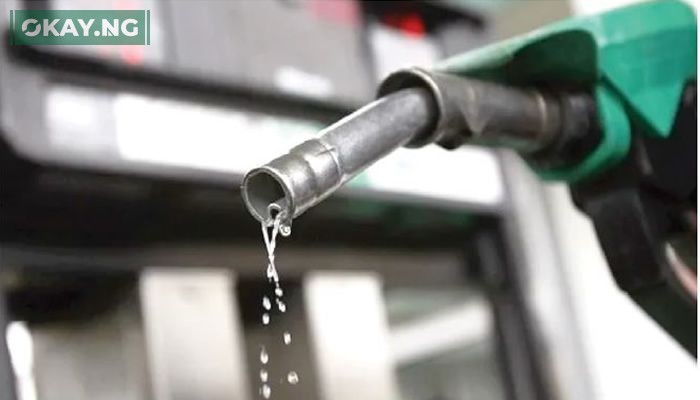Despite strained diplomatic relations, Nigeria has provided fuel aid to Niger Republic, which is currently grappling with a severe fuel shortage.
Sources indicate that a delegation of high-ranking officials from Niger’s military government traveled to Abuja to engage with Nigerian government representatives.
Following these discussions, Nigeria reportedly approved the delivery of 300 truckloads of Premium Motor Spirit to Niger. A senior government source revealed that this decision was made with the intention of using the fuel supply as a “strategic tool” in ongoing negotiations with Niger.
The Nigerien delegation explained that their country had been relying on fuel from a Chinese refinery, which was forced to shut down due to supplier issues, leaving Niger with limited options. Reports suggest that Niger sought Nigeria’s assistance after the fuel shortage became critical. However, the specifics of the aid arrangement remain undisclosed.
“We prefer to use this situation as a leverage point in our negotiations, as we continue efforts to bring Niger back into the ECOWAS fold,” the source stated. “By providing them with essential resources, we are confident that they will eventually return to ECOWAS, as they lack the capacity to import sufficient food for their population.”
Officials from the Nigerian National Petroleum Corporation Limited suggested that the fuel aid may have been authorized at the presidential level, given the company’s current status as a limited liability entity.
Similarly, a source at the Dangote Petroleum Refinery declined to comment, citing diplomatic sensitivities. The Presidency also remained silent on the matter. The fuel crisis in Niger reached alarming levels recently, with petrol prices soaring to approximately N8,000 per liter in some areas.
Reports from Sokoto State, which shares a border with Niger, indicate that fuel prices vary depending on the distance from Nigeria.
A Nigerian transborder businessman, Mallam Abubakar Usman, noted the severe scarcity, stating that prices ranged from N2,500 per liter in border towns to N8,750 per liter in more distant regions. Usman attributed the scarcity to the strained relations between Nigeria and Niger.
A Nigerian Immigration Service official confirmed the passage of fuel trucks across the border. The fuel crisis in Niger is believed to have been exacerbated by a dispute between the ruling junta and Chinese oil companies.
Security analyst Zagazola Makama reported that the conflict began in March 2024 when the China National Petroleum Corporation provided Niger with a $400 million advance, secured against future crude oil deliveries.
When Niger struggled to repay the debt, the junta reportedly imposed an $80 billion tax demand on the Soraz refinery, despite the state-owned Sonidep owing Soraz $250 billion.
When China declined to provide further loans, Niger expelled Chinese oil executives and froze Soraz’s bank accounts, leading to the collapse of Niger’s petroleum sector.
The Soraz refinery, a crucial fuel source, ceased operations, leading to widespread shortages.
Maazou Aboubacar, Commercial Director of Sonidep, confirmed that the Soraz refinery could no longer meet domestic demand, citing the decline of fuel smuggling from Nigeria.
He also said that the cut in fuel prices introduced by the military regime contributed to the rise in consumption.
Despite previous accusations from Niger’s Head of State, Brig. Gen. Abdourahmane Tchiani, regarding Nigerian collusion with foreign powers, Nigeria has provided fuel aid.
Makama noted that while fuel shipments from Nigeria have eased the crisis, Niger’s state media has avoided acknowledging the source of the fuel.
Oil marketers estimated that the 300 truckloads of petrol supplied by Nigeria amounted to approximately 13.5 million liters.
They affirmed that Nigeria has sufficient fuel reserves to assist Niger, particularly with the operational Dangote and Port Harcourt refineries. Hammed Fashola, National Vice President of IPMAN, and Billy Gillis-Harry, National President of PETROAN, both confirmed that Nigeria has the capacity to assist Niger without experiencing domestic shortages, especially if there were diplomatic reasons to do so.”







